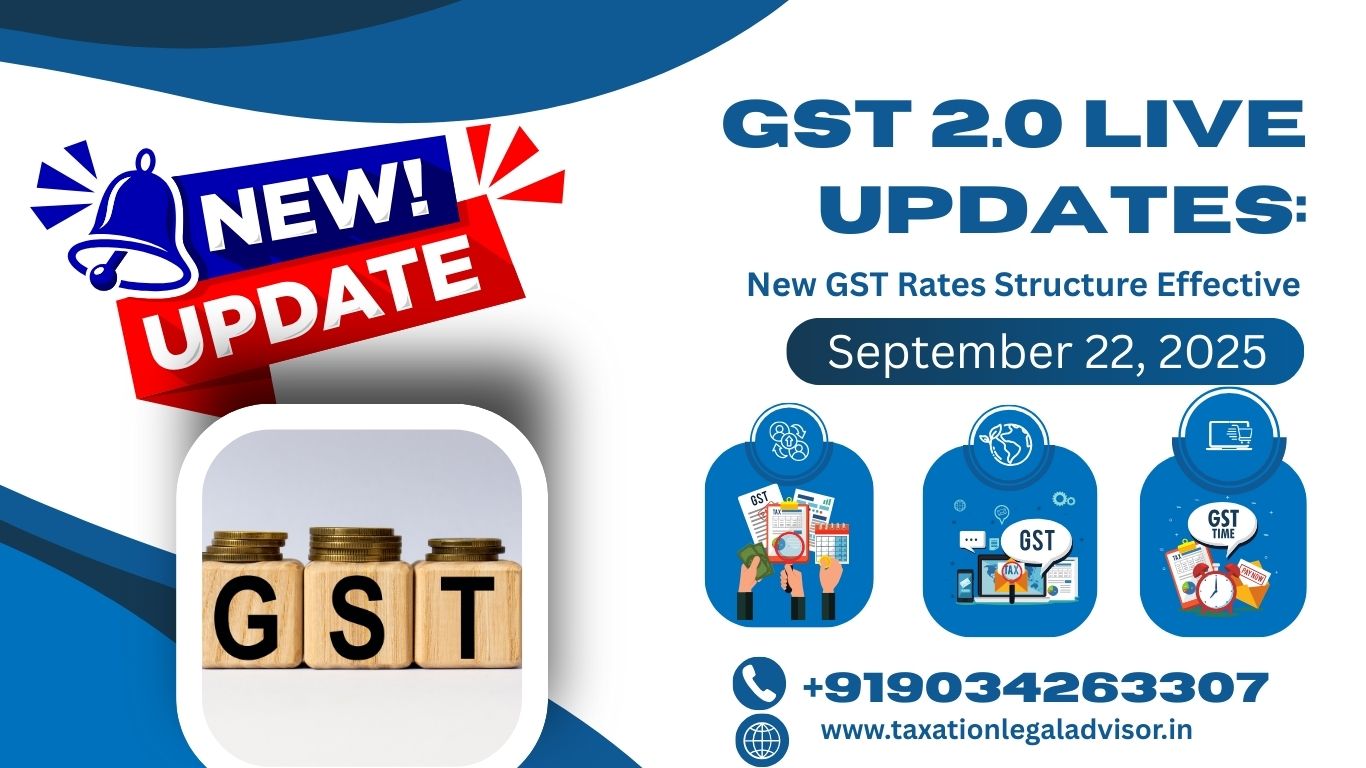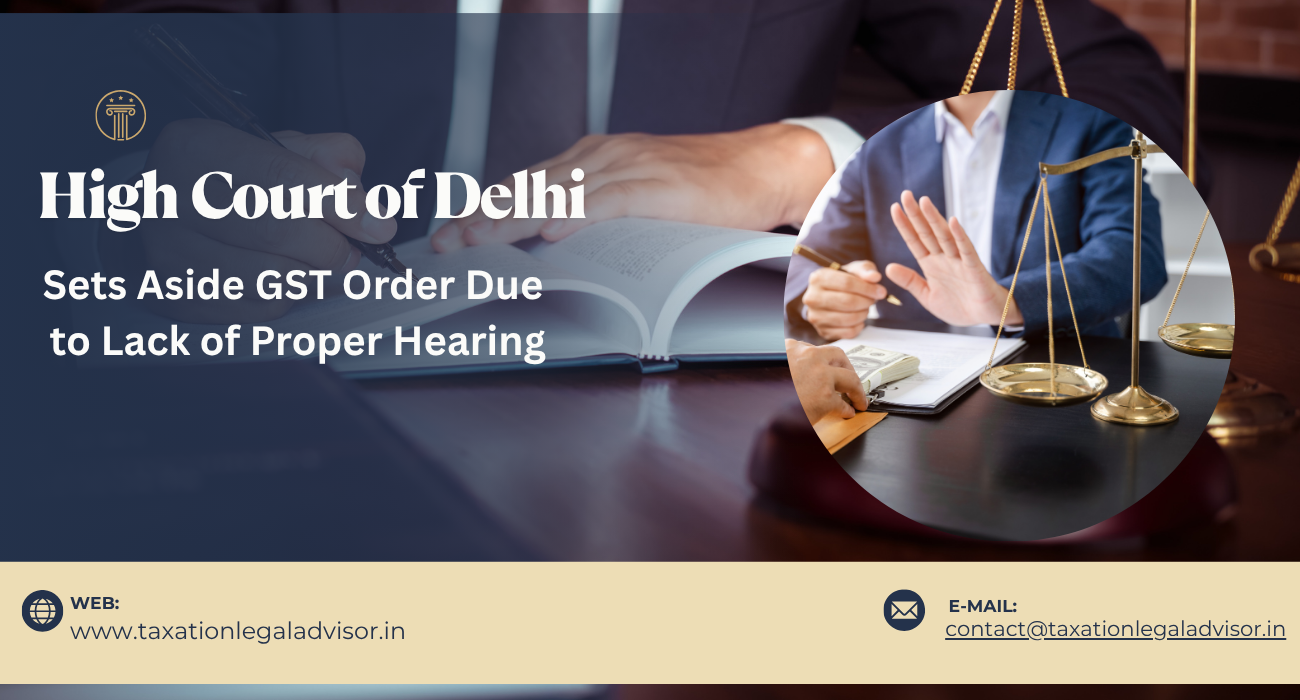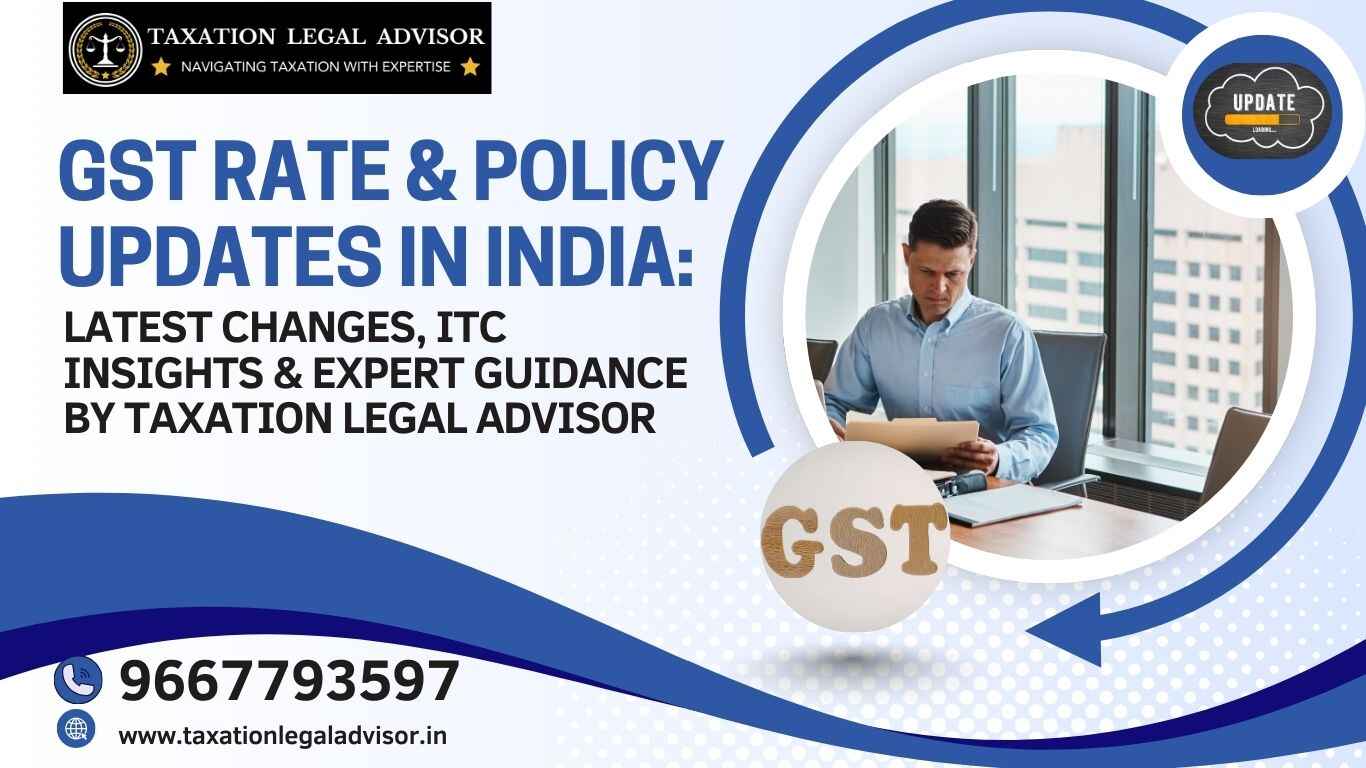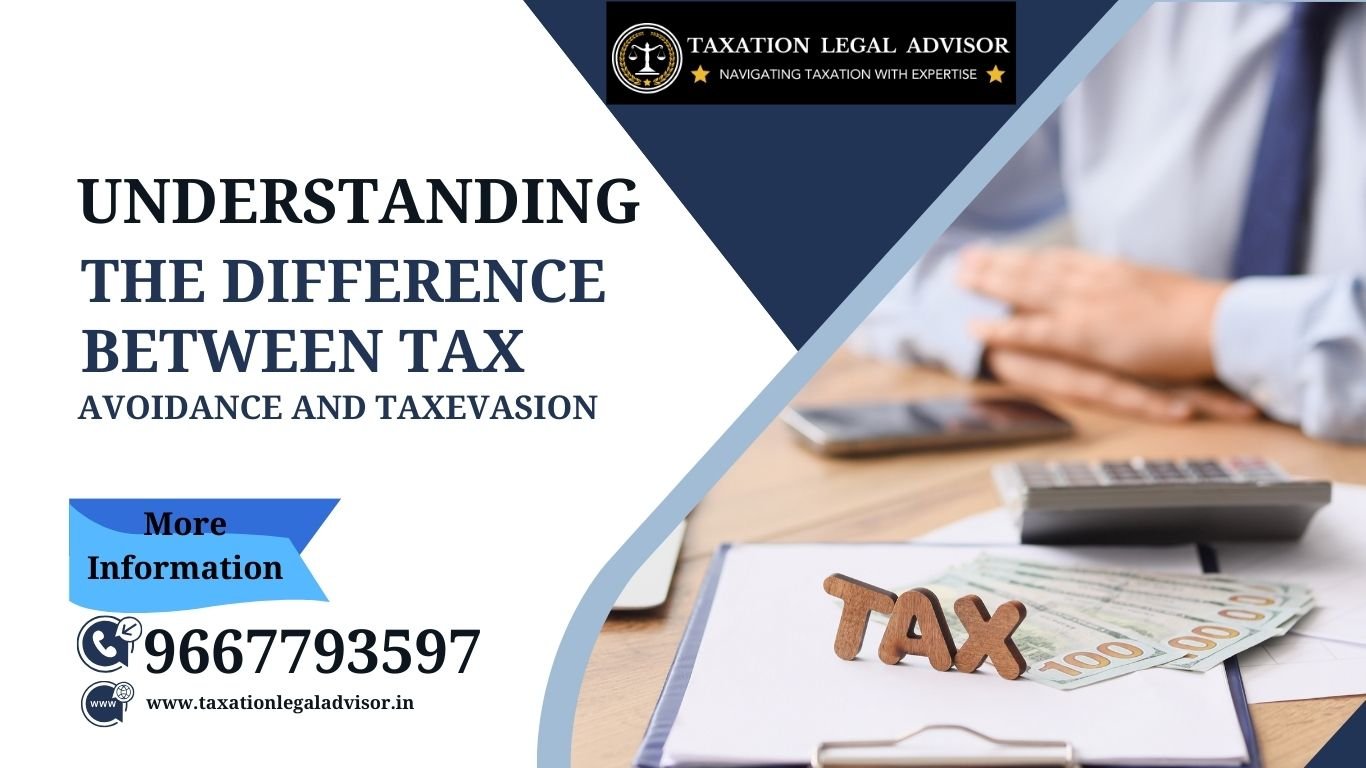GST 2.0 Live Updates: New GST Rates Structure Effective September 22, 2025
India ushers in a new era of taxation with GST 2.0, as the government implements the most significant overhaul of the Goods and Services Tax system since its inception in 2017. Effective September 22, 2025, the previous four-slab GST structure (5%, 12%, 18%, 28%) has been replaced by a simplified two-rate model—5% and 18%—with select luxury and sin goods taxed at 40%.
The new rates mean that daily essentials such as food grains, medicines, educational supplies, soaps, bicycles, and healthcare services will be taxed at the lower 5% rate. More expensive goods, including many consumer electronics, vehicles, and higher-priced garments, will typically fall under the 18% slab, with some premium items (like clothing above ₹2,500) shifting to this bracket. Ultra-luxury products—including premium vehicles, tobacco, and certain aerated drinks—will attract the highest rate of 40%.
Finance Minister Nirmala Sitharaman and Prime Minister Narendra Modi have characterized this reform as a leap toward economic efficiency and “Aatmanirbhar Bharat” (self-reliant India), aimed at rationalizing rates and reducing tax compliance burdens for businesses. The GST Council expects these changes will make household items more affordable, boost consumption, and infuse ₹2 lakh crore into the broader economy.
Businesses across India are updating their systems and relabeling products to reflect the new rates, while consumers are encouraged to revisit their purchasing and budgeting habits in light of the revised tax bands. The new framework, promises a “trust-based tax system” that is expected to facilitate easier compliance for taxpayers and encourage greater transparency and trust between citizens and government.
For a detailed list of updated GST rates by product category, consult the official GST Council notifications or latest government circulars available at authorized GST portals.
📞 Call: +919034263307
🌐 Visit: https://taxationlegaladvisor.in












